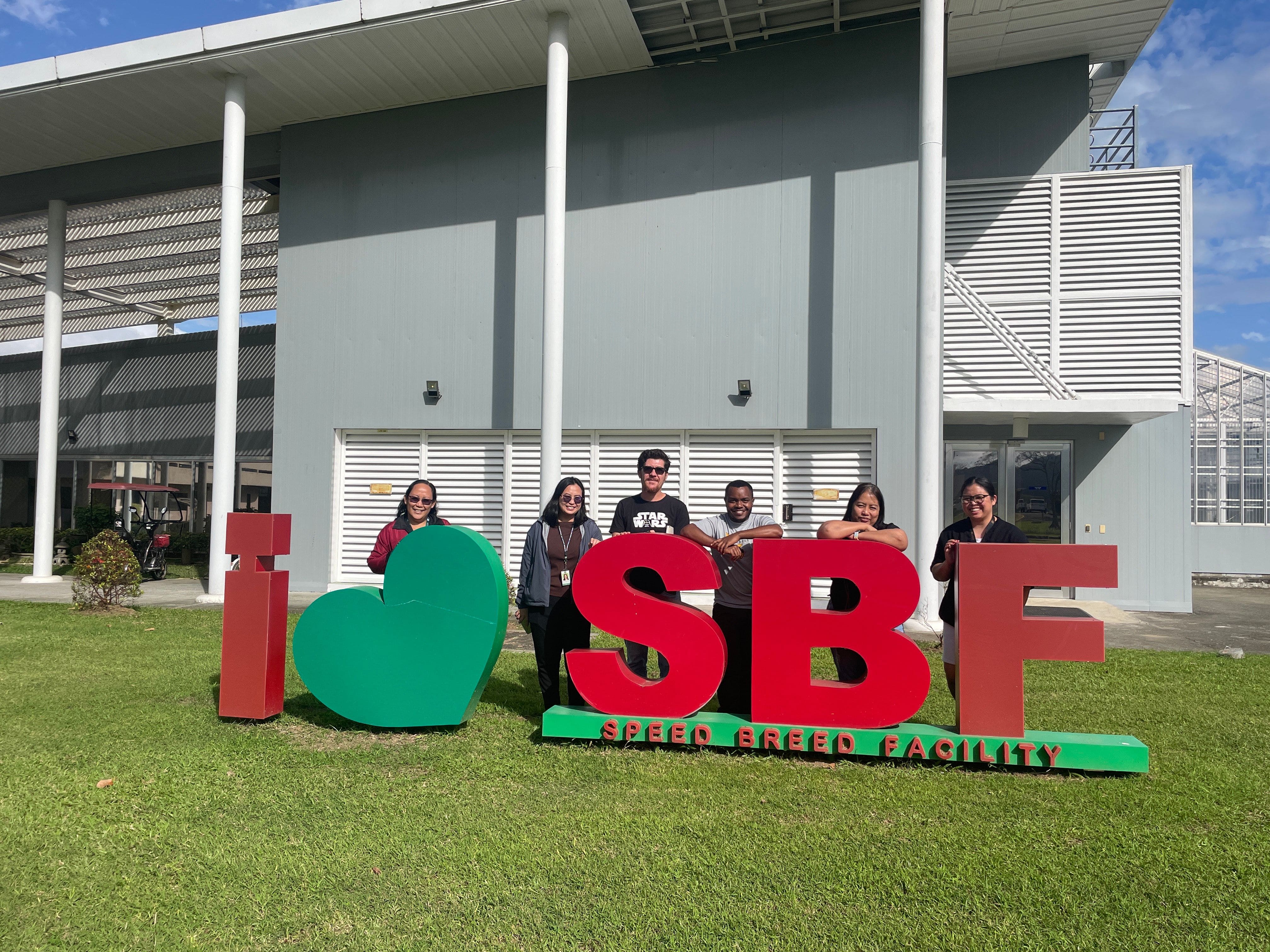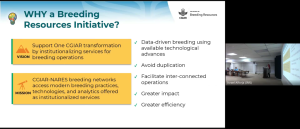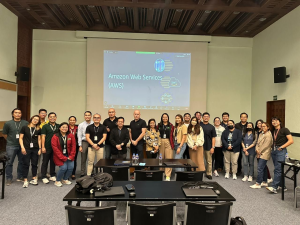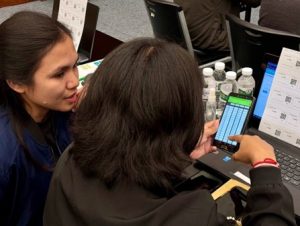CGIAR plant breeders currently rely on a suite of different software projects to make use of the data that is crucial to developing better varieties. Developed under the CGIAR Excellence in Breeding Platform (EiB), the EBS aims to provide a single solution that links data across new and existing applications so that the entire breeding data workflow, from experiment creation to analytics, can be accessed from a single user-friendly dashboard.
Development of the system is well underway, with the goal of providing a “minimum viable implementation” to pilot users at the International Maize and Wheat Improvement Center (CIMMYT) and the International Rice Research Institute (IRRI) in 2020. More advanced functions, institutions and crops will be added to the EBS over the next three years.
Working between breeders and developers to ensure needs are translated into software functions, the EBS has trained CIMMYT staff and consultants as requirements analysts, five of whom presented to members of the EBS advisory committee the meeting on progress in the five “domains” of breeding software functions.
Rosemary Shresthra introduced experiment creation, where users can quickly select the type of experiment they wish to run and automatically set up all the steps needed to complete it in the EBS.
Kate Dreher took the attendees through field implementation, where it is possible to map fields in the system and connect them to a range of plot data collection tools developed by external projects.
Ricardo León outlined the germplasm management component of the system, where the seed inventory is kept, and new entries made after trials are harvested to go on to the next stage.
Pedro Medeiros explained how an analytics request manager will allow EBS users to push their data to different analytics tools that support decision-making and, ultimately, their ability to deliver better varieties that meet farmers’ needs.
Finally, Star Gao, a breeding informatics specialist for the Genomics Open-source Breeding informatics initiative (GOBII) showed how users will be able to request phytosanitary, genotypic and quality analysis of samples from their trials through the EBS system, which will provide an overview of the status of all samples submitted for analysis with different service providers, in addition to the ability to connect with various databases.
“We can do all this because all information in the EBS is treated the same way, from experiment creation through implementation,” said EBS coordinator Tom Hagen in summary.
The EBS advisory group, which includes user representatives from CIMMYT and IRRI breeding teams alongside EiB staff, ended the day by discussing and prioritizing new functions that could be added to the EBS over the next three years.





